THE
BUTTERFLY
EXPERIMENT

Your ideas could change the world and help to tackle climate change. We might have entered the critical decade for climate change - but it’s not all doom and gloom. Together we can save the planet. We can do this!
Climate change won’t be solved by one person or solution. The #ButterflyExperiment aims to gather ideas from as many different people as possible, so we can collaborate on them, add to them, share them, discuss them and grow them.
Can lots of small ideas create big ripples and make major change happen? That’s what we want to find out. We aim to create our own Butterfly Effect at a time when climate change is headline news and global leaders are gathering at COP26. We all need to play our part in tackling climate change. The fightback starts here.
By sharing and giving voice to your ideas, you agree to add them to our kaleidoscope of open source thinking that we’ll make freely available for individuals, organisations, policymakers and Governments around the world to invest in and act on.
GET INVOLVED – THE PLANET NEEDS YOU!
Follow us on Instagram to hear more from our Butterfly Experiment students and start liking, commenting and sharing your own ideas with us on social using #ButterflyExperiment You can also email your ideas to us by clicking on the button below. Whether you share your ideas through videos, images or words – we’d love to hear them.
We’ll continue to add amazing ‘What ifs’ from our community to inspire you to create new ideas, so keep coming back to this page.
KIT’S IDEA
What if we released more wolves into the wild?
Kit Rackley, Environmental Sciences Graduate & Educator
Did you know wolves can revitalise wildlife, rivers and entire ecosystems?
“One pebble can make ripples. One thread can hold together a tapestry. One action can make a very big impact. Nearly 100 years ago humans made the wolves of Yellowstone National Park ecologically extinct, dramatically changing the ecosystem. So, for the last 25 years, wolves have gradually been re-introduced to the park.
“It’s not as scary as it sounds. And the impact has been incredible. The wolves changed the behaviour of the deer, which revitalised overgrazed areas and led to an increase in birds, otters, bald eagles, fish, bears and more. Forests stabilised. Tree roots strengthened river banks, so there was less meandering and erosion. The whole ecosystem was transformed and is now more resilient to changes in climate.
“I was fortunate to take a group of Geography high-school students to the Yellowstone area. The experience of visiting a wolf sanctuary motivated my students to learn more, and fully appreciate the importance of conservation efforts.
“Learning why a single species can be so crucial to a web of life is very important. You don’t get to watch wolves or visit the wilds of Yellowstone every day. But you can draw inspiration from bees collecting pollen, spiders weaving their webs and the ecosystem all around you. Watch the video below to discover more about the wolves of Yellowstone and the impact they made. Sea Eagles are set to return to East Anglia while you can read how at UEA we’re helping to reintroduce white storks to the UK after they disappeared more than 600 years ago.
“Read more about me and UEA’s other Climate Stars.”


GEORGE’S IDEA
What if we had the vision to be more Jugaad?
George Bailey, UEA Student & Coral Eyewear founder
Did you know you can fish dangerous nets out of the ocean and use them to make sunglasses?
“A word originating in India, Jugaad is where you use limited existing resources to solve problems in innovative ways. Such as building houses out of plastic bottles or powering vehicles with water pump engines.
“Now just imagine what we could do with all of the resources we simply throw away instead of re-purposing and putting them to good use. Inspired by people like David Attenborough who have shined a spotlight on plastic waste, I started researching sustainable materials at UEA and realised that small changes can make a very big impact.
“It’s estimated that 640,000 tonnes of ghost fishing nets, mostly made from nylon, have been dumped in our oceans. And each abandoned net can harm up to 40 marine animals every year, such as dolphins and turtles.
“So, I had the idea of partnering with a company that removes fishing nets from the ocean and melting the plastics down to make designer sunglasses. Backed by funding from UEA and entrepreneur and philanthropist Jake Humphrey, I created Coral Eyewear. It just goes to show that anyone can have a small idea that can make a big difference to the planet.
“Wouldn’t it be great if Governments everywhere encouraged and invested in more recycled innovation projects? What’s your idea?
“Read more about Coral Eyewear, my idea and the launch of sustainable specs.”


PETER’S IDEA
What if we all ate insects?
Peter Bickerton, Earlham Institute
Did you know that insect farming produces 99% less emissions than cattle farming?
“If we all ate more insects, together we could help to reduce global emissions and feed the world’s rapidly growing population. And don’t worry, you wouldn’t have to swap your favourite meals for something out of ‘I’m a Celebrity… Get Me Out of Here’! Live wiggly insects don’t have to be on the menu. You don’t even need to know you’re eating them! You can use insect oil instead of palm oil and they can be ground down and used for flour to make your bread.
“Compared to livestock farming, the vertical farming of insects offers many benefits. It uses less land and water while dramatically reducing greenhouse emissions. When it comes to feeding insects, they also need a lot less to eat. They can even eat food waste rather than luscious grass, which helps with the circular economy.
“How else are we going to feed a rapidly growing global population when today 690 million people around the world will go hungry? I think it’s time we all see insects as a vital food source. Especially as there are approximately 1.4 billion insects for every person on Earth. They are also readily available, as they can be found in almost every habitat from snow covered mountains to scorching hot deserts.
“I’m passionate about eating insects whether it’s roasted locust pizzas or waxworm tacos. They really do taste good. And it’s not that unusual! Insects are highly nutritious. It’s a way of turning something that destroys food crops into a food source. And insects are already a valued source of nourishment for two billion people in 80% of the world’s nations.
“So, it’s time for all non-vegans to give insects a try. You never know – you may find you love them like me. And you’ll help to reduce carbon emissions too.
“Read my article and discover more reasons why we should eat bugs.”
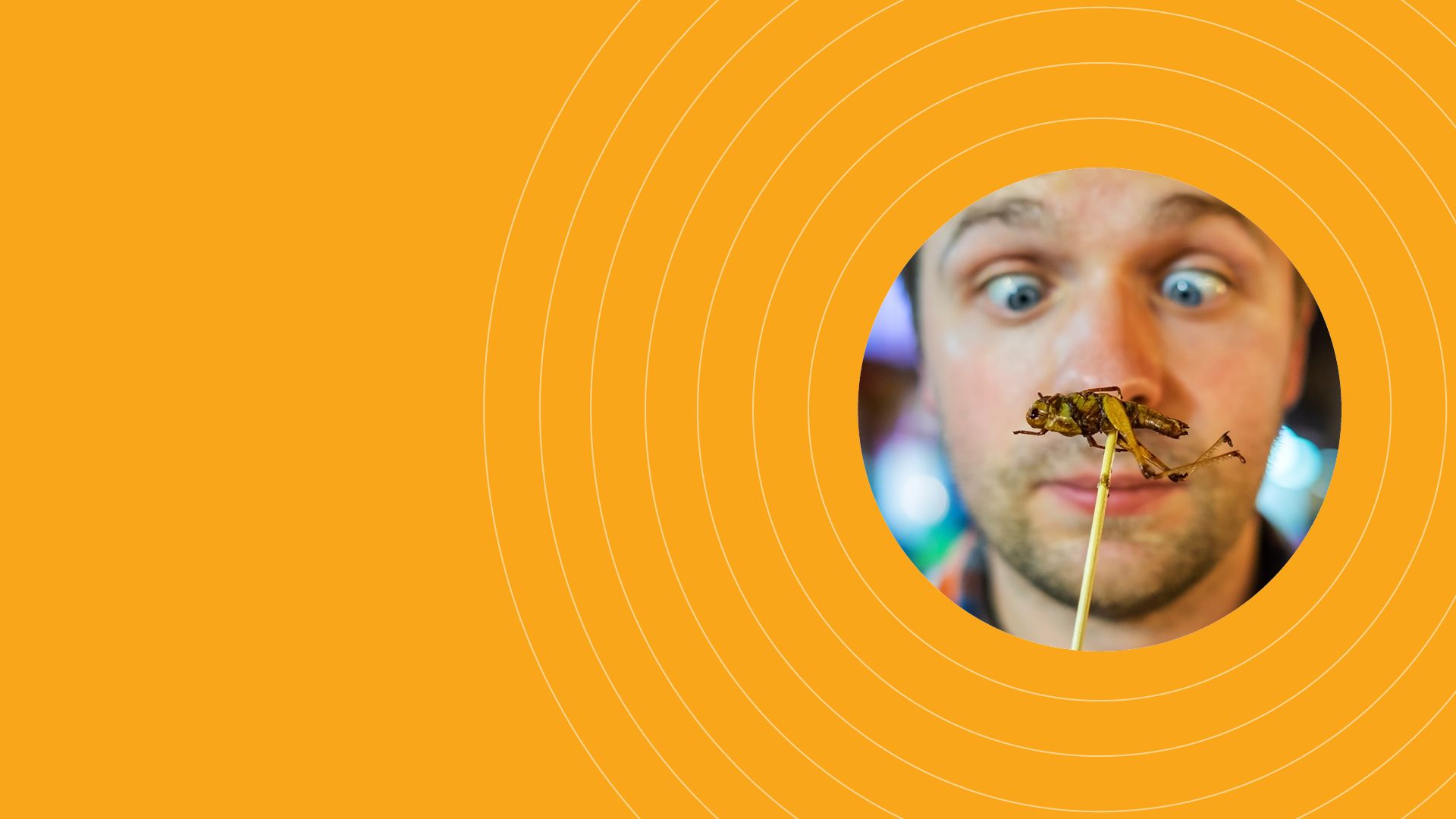
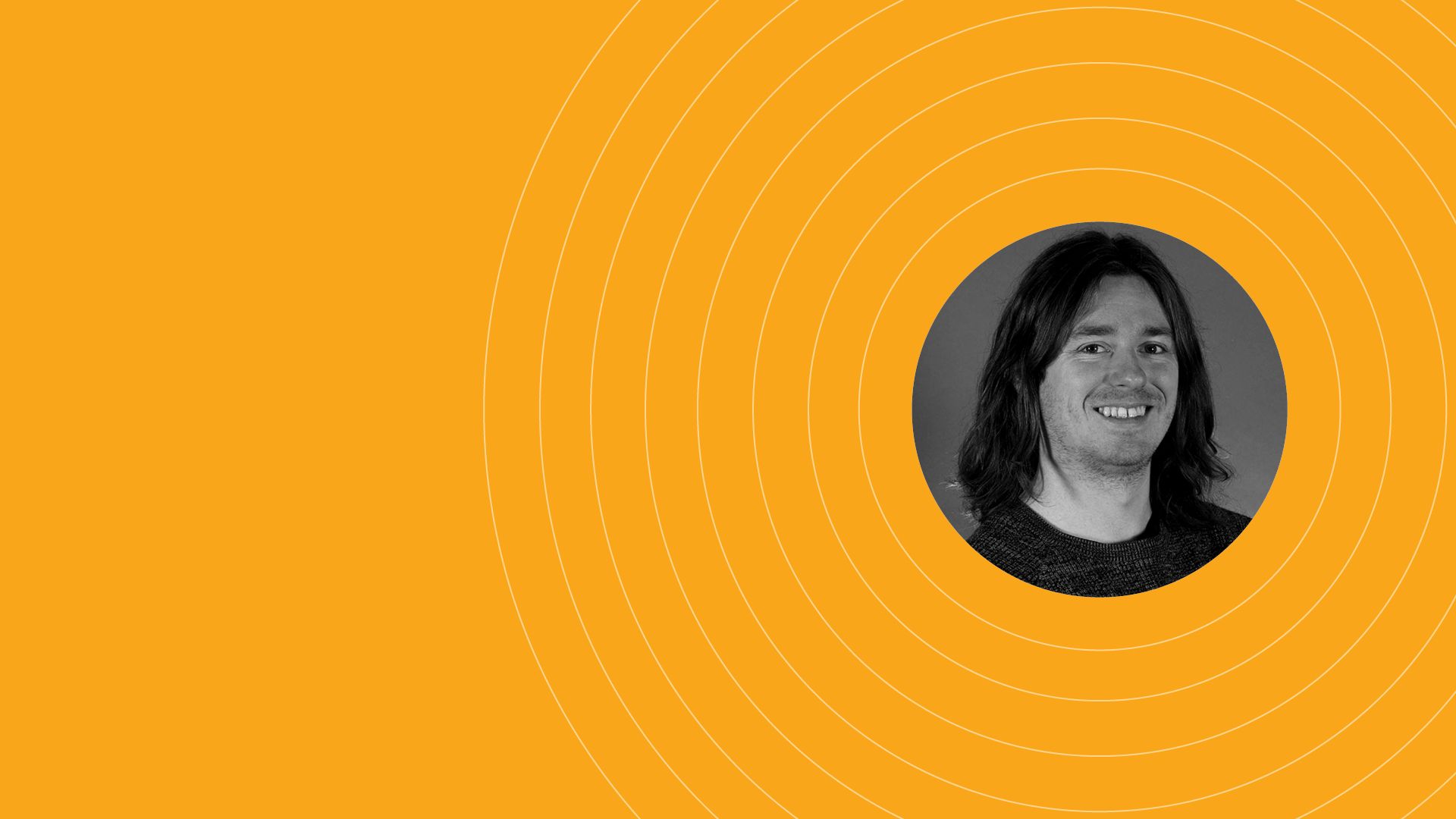
SARAH’S IDEA
What if we could save power with the switch of a button?
Sarah Eglington, UEA Climate Star & Internship Co-ordinator
Did you know that 98% of UK households leave their TVs on standby?
“It’s all too easy to use the standby functions on your electrical devices, especially as it can be incredibly difficult to find the physical on/off button on your TV, and switch if off to save power. So, I thought, what if electrical appliance manufacturers turned off standby functions for good and re-introduced on/off buttons instead? According to a Uswitch poll, 98% of UK households leave their TVs on standby – when switching off would save energy and reduce carbon emissions and electrical bills.
“Come on big electrical appliance manufacturers like Samsung, Philips, Sony, Panasonic, LG and Hisense – let’s scrap the standby function. It’s a simple thing to do. Why on Earth does it exist in the first place? You’ve known it wastes power for years.
“Also, games consoles manufacturers, please can you think about how your energy hungry machines can save power. The latest consoles have energy efficient standby modes – but how many people know about them? While according to one report, Xbox’s ‘instant on’ feature could result in three million tons of CO2 in five years!
“These simple ideas could make a very big impact and help us to save the planet. And while we wait for the big electronic companies to quite literally, make the switch, we can all play our part and improve our habits. We can hunt down the on/off buttons on our TVs, laptops, computer monitors, games consoles and electrical devices – and switch them off when we’re not using them, so they don’t burn power.
“Switch on and help to turn off unnecessary carbon emissions. You can also read how UEA is trying to power the world in a new way with bio batteries. What’s your idea? Share it today.
“Read more about me and UEA’s other Climate Stars.”


NITYA’S IDEA
What if we could all be David Attenboroughs?
Nitya Rao, UEA Professor of Gender & Development
Did you know communities around the world are creating videos to highlight big issues?
“Storytelling has been part of our culture for thousands of years. Humans have always used stories to educate, inform and inspire the imagination. And nobody has done more to show people the beauty of our world and its wonders, creatures and dangers than Sir David Attenborough. His programmes have been watched by millions of people who have been transported to places they will never see in real-life.
“Now imagine we were all David Attenboroughs in our own communities, using the power of storytelling to educate, inform and share knowledge about meaningful and highly relevant issues such as climate change, on a local – not global scale.
“I’m currently working on such a project that aims to help address the problem of food and nutrition insecurity in India, where close to 40% of children under five are stunted and over 50% of women are anaemic. We’re encouraging local communities to share their experiences and learn together by providing the tools they need to create digital and audio content for an interactive app.
“Film-making in particular has really helped to strengthen communications between generations, with younger people learning from their parents and grandparents. They have come to recognise and appreciate the significance of some of the older generation’s activities that focus on the collective wellbeing of both people and the natural environment, rather than only meeting individual aspirations. Stories have the power to inspire change and transform the future.
“Read more about my community project and UEA’s climate stories.”
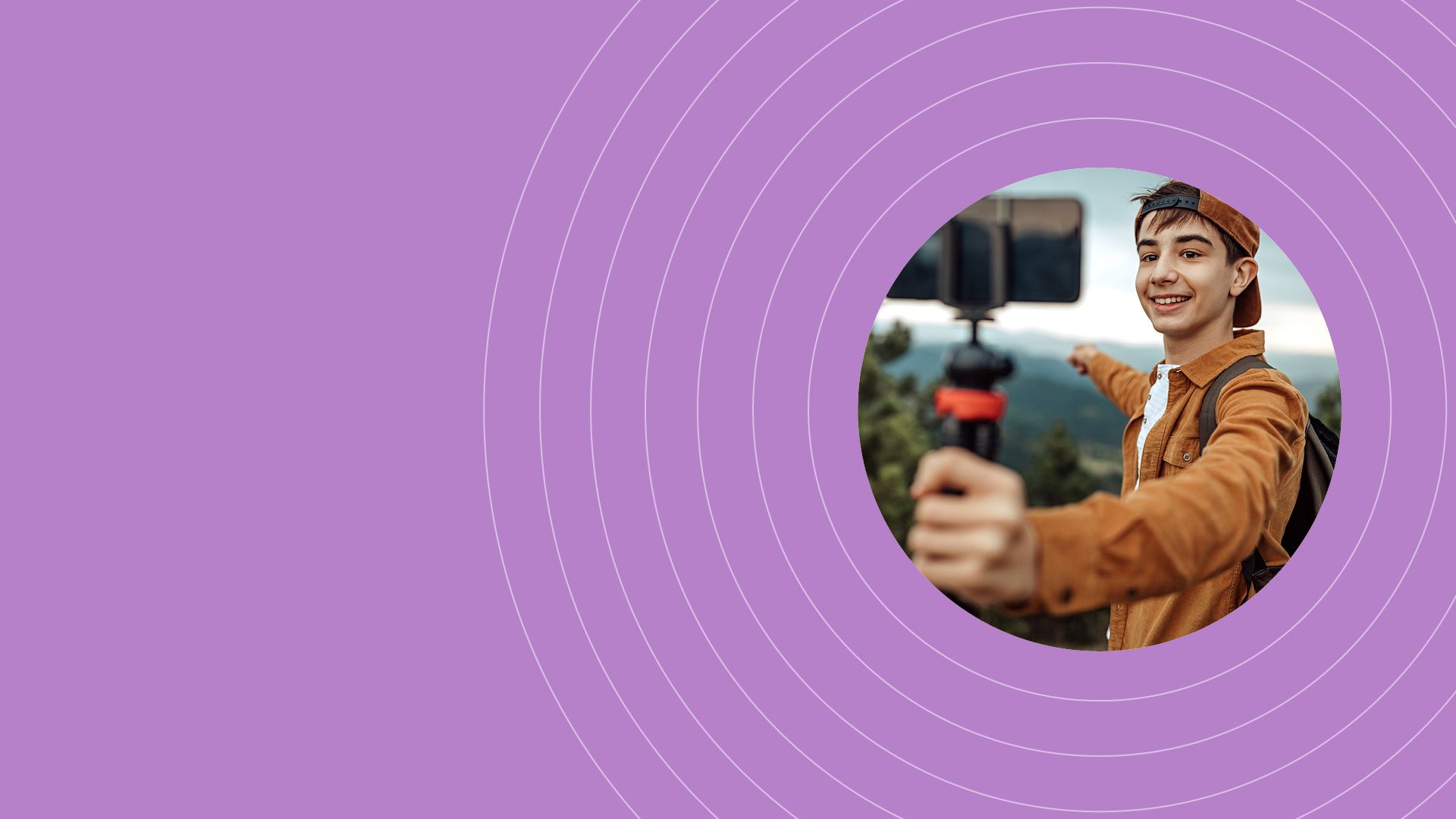

ASHER’S IDEA
What if the world was much smaller?
Asher Minns, UEA & Executive Director, Tyndall Centre for Climate Change Research
Did you know the average person in the UK creates 5.81 tonnes of CO2 emissions a year?
“Now I’m not suggesting that we shrink the world. We’re fast running out of resources as it is! But what if we all saw our world as something much smaller, so our contribution to saving it becomes much bigger?
“Bear with me. Think about this. Universities are like mini-worlds. They are home to thousands of students and staff, buildings, flats, transport infrastructure, trees, offices, sports centres, labs and plenty of places to learn, eat and drink. But what can we all do differently to achieve net zero CO2 emissions on campus in the future and make our world, our home, more sustainable? What can universities do better? What small ideas can you share today that will make a big impact?
“At UEA we’re responsible for about 5% of Norwich’s CO2 emissions. If the world was only the size of Norwich, our global emissions would be the equivalent of Russia! So, we have a big part to play in helping to make Norwich a climate ready prosperous city and our campus and communities net zero CO2. If every person, university and city did the same, we could achieve net zero CO2 much faster on a global scale.
“Every single one of us needs to play our part in saving the planet. It’s all too easy to see the world as too big, and climate change as the fault of different generations and people making steel or destroying forests on the other side of the globe. But what if we saw our world, our home, as much smaller and did more to save it? And everyone else did the same?
“Read more about an app that we helped to develop that predicts how global warming will affect your area. And also, how you can reduce your carbon footprint.”
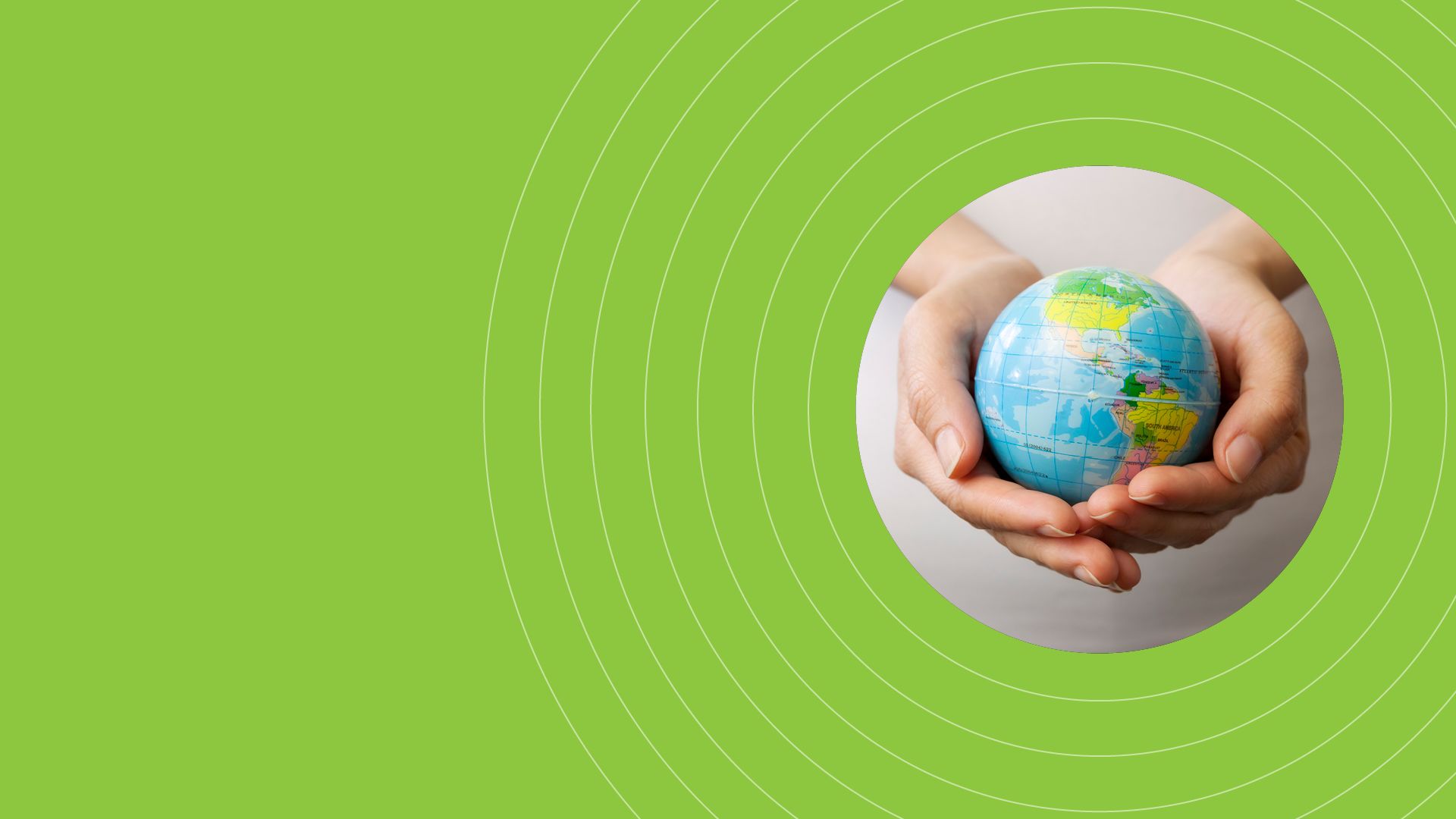

PETER’S IDEA
What if populism could protect our natural wonders?
Professor Peter Mumby, The University of Queensland
Did you know that it’s not too late to save the Great Barrier Reef?
“I spend a lot of my time researching and studying coral on the Great Barrier Reef. It’s a very special place to me and one of the world’s natural wonders. Every day it faces a growing threat from climate change with rising sea temperatures and increased contaminants and ocean acidification. But even though coral is being bleached, it’s not too late to save the Reef! Now is not the time to give up the cause.
“When people really care about something we get behind it. We provide money, resources and refuge for people impacted by wars and natural disasters. We gather our signatures to get Parliament to debate the issues that matter. We did our own ice bucket challenges. We put the Amazon fires in the spotlight when the Notre Dame Cathedral fire dominated the news. And we vote in our millions to keep celebrities on our favourite reality TV programmes. But what mechanisms do we have for global climate change issues? Who do we turn to? How can we make people see it’s not too big of a problem to solve? And how can we take action to protect sites like Uluru, formerly called Ayers Rock, that now limits the number of people who can visit it?
“What if we created a website with the climate change equivalent of the UN Sustainable Development Goals? We could then get people to vote for the things they cared about the most and get behind them through fundraising, profile raising and volunteering. Big brands could get on board too, supporting the things their customers care about the most, and forcing real change, not just investing in some electric cars or high-profile green advertising campaigns.
“So, what’s stopping us from creating an online portal that could become the ‘go-to’ global voice for the climate change issues people care about? A place for climate concerns, support and issues, where we vote for the top natural wonders we want to save. Imagine how we could stir people into action and inspire them to make an impact with the support of all kinds of experts – scientists, creative writers, nature photographers and more.
“There could be polls, forums, charts and articles about how you could make a difference from saving whales to protecting rainforests. Big travel brands could put their money where their mouths are to protect the wonders they promote in their adverts. We could stop Australia from being so reliant on coal. And there could even be a big interactive dashboard showing the collaborative and measurable impact we make on goals such as saving the Great Barrier Reef. Now that’s something worth watching and voting for!
“Thank you UEA for reaching out to me on the Reef to get my idea. I know your team has done some fantastic collaborative work on coral on the Great Barrier Reef and beyond from monitoring flood plumes to ensuring the quality of water monitoring.”
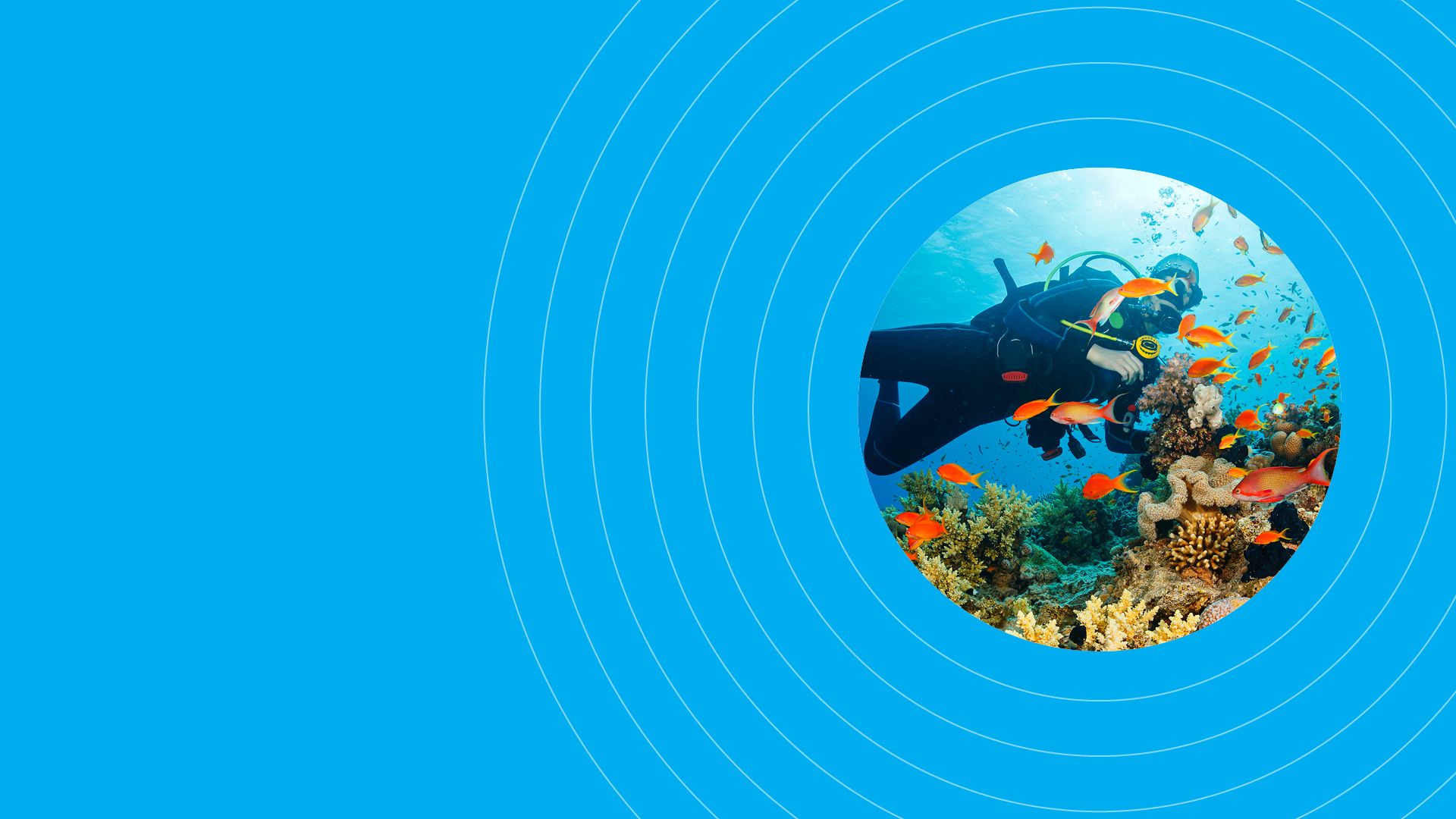

TOM’S IDEA
What if we knew all of our neighbours?
Tom Everett, Landscape Manager at UEA
Did you know that London is home to over 15,000 animal species?
“The world’s biggest classroom is all around you. And you don’t need to live in the countryside or to have a big garden to learn more about the birds, trees, bees and bugs that live in your neighbourhood. You just have to look up to the sky and walk around your local park to get to know your local ecosystem better.
“The more you get to know your neighbours, the more you’ll appreciate the homes trees and your local environment provides. You’ll also learn more about the incredible biodiversity on your doorstep and important role our insects play in pollenating plants.
“Wouldn’t it be amazing to be able to join a guided tour and learn more about the natural world around us? I enjoy taking our community on tree tours on UEA’s 145-hectare campus, which is home to some amazing biodiversity. As well as our students, over 5,700 species live here, including herons, kingfishers, hedgehogs and red-listed wasps who have set up home adjacent to an oak tree that’s around 500 years old.
“The more people know about their local habitat the more likely they are to look after it by taking their litter home and growing more wildflowers. Across the UK people are planting more trees, building insect hotels and letting grass and hedgerows go and grow wild to provide homes for wildlife and to absorb more CO2 to help tackle climate change.
“Nature helps us to learn more about our world. Read how at UEA we study everything from tree rings to ice cores to understand our past climate, so we can measure humankind’s impact on it. And read more about my trail and other Climate Stars at UEA.”
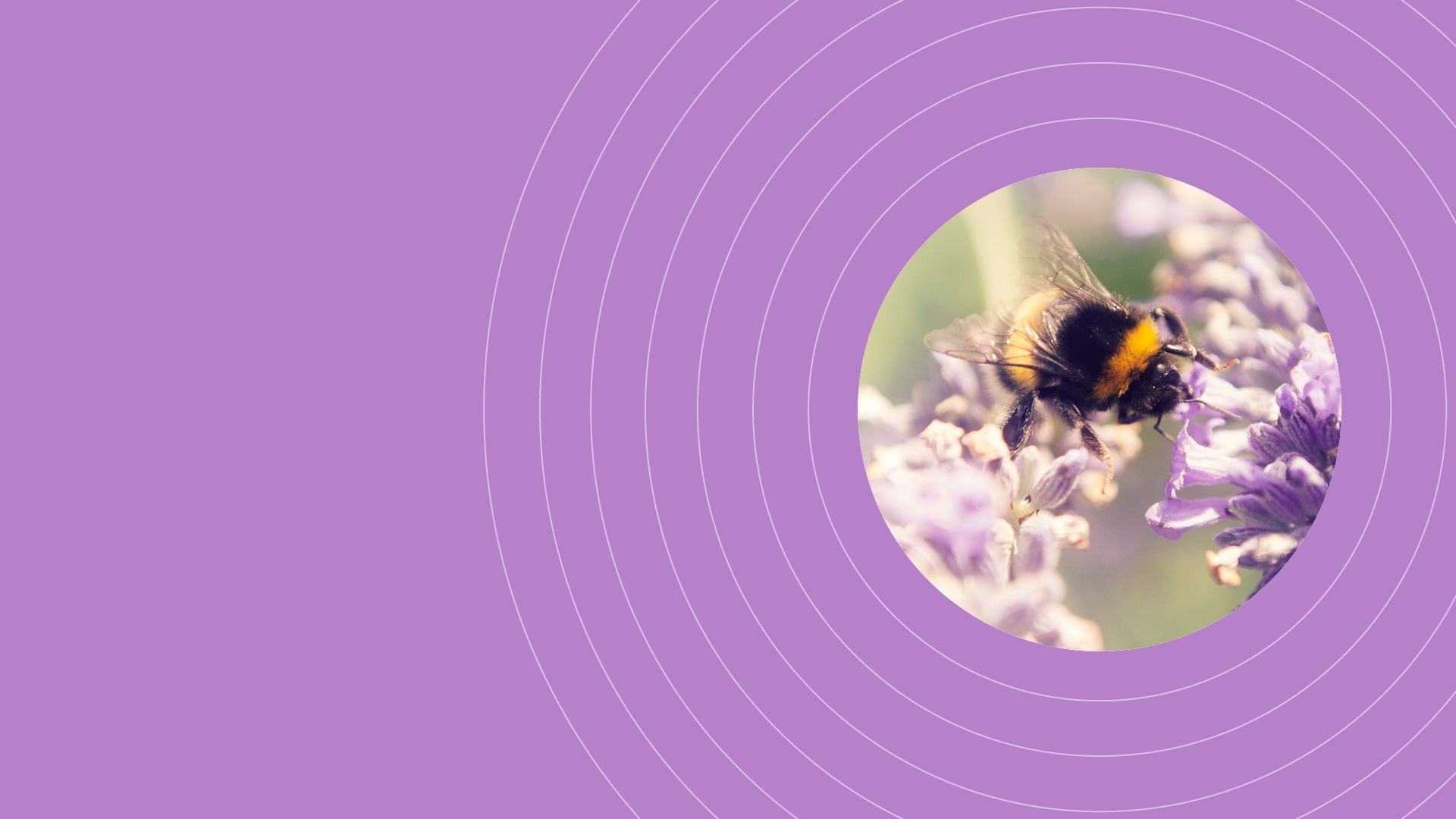
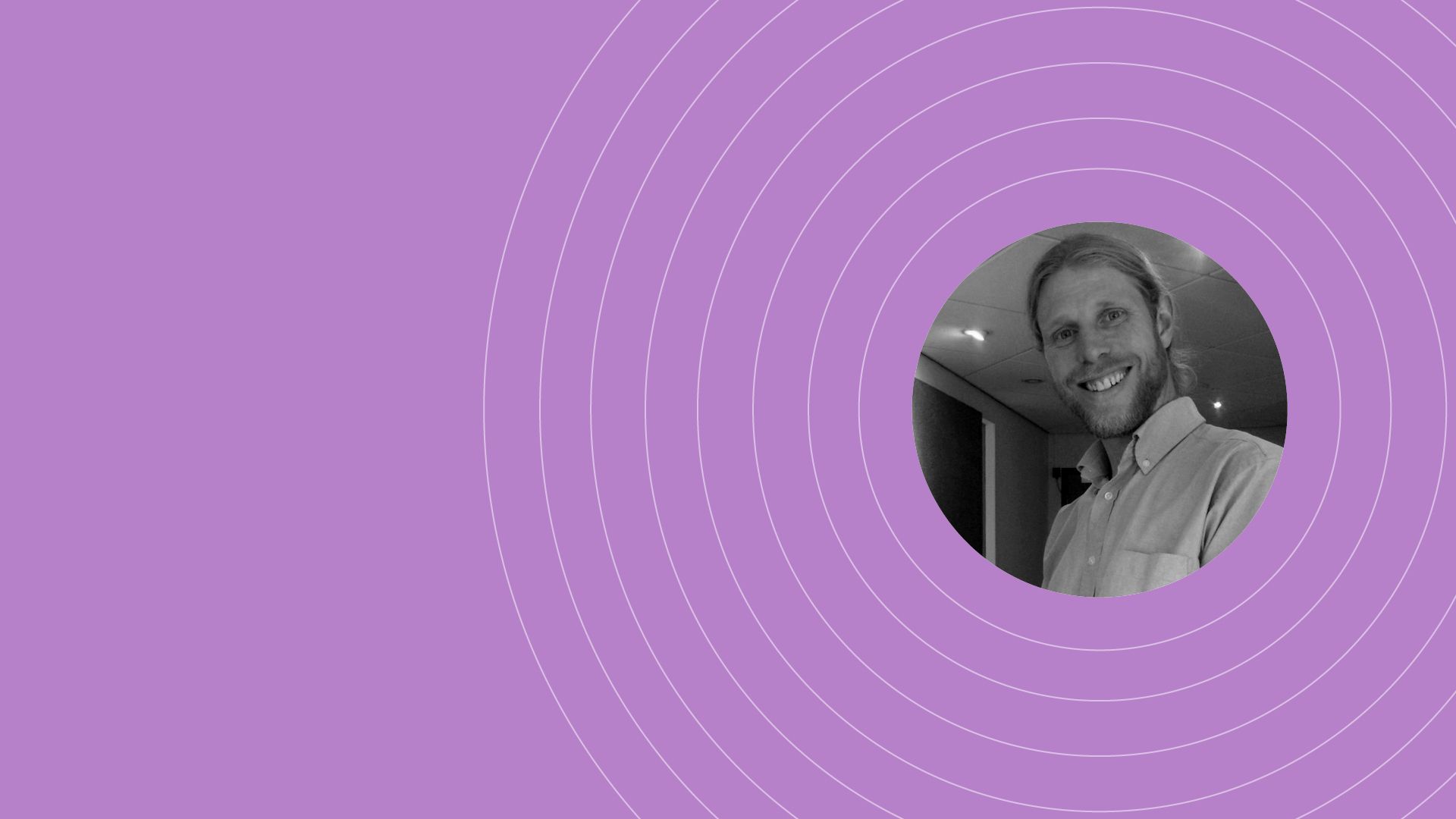
ALICIA’S IDEA
What if we all owned the sun?
Alicia Herrero Rodriguez, UEA student
Did you know that solar power currently only generates 2% of the world’s energy?
“Without the sun there wouldn’t be life on Earth. It quite literally lights up our day. It provides us with vital heat. And helps us to grow the food we need. But when sunlight is free to everyone - how come so little of the world’s energy is generated by solar power? And would that change if every person on the planet owned an equal share of the sun?
“It’s something that’s troubled me for a while. I live in Spain, and up until recently, the energy Spain gets from solar panels has been poor. Which is crazy when you consider the amount of sunlight Spain gets. But this is where politics gets involved and Governments and energy providers think they have the monopoly on the sun.
“Instead of being rewarded or incentivised for embracing solar power, the Spanish Government used to tax people for energy self-consumption rather than giving them tax breaks. The ‘sun tax’ actually discouraged people from installing solar panels for years! While energy providers in Australia could cause a similar problem with their proposal to charge householders who export solar powered electricity into the grid at times when it’s not needed.
“Perhaps it’s time to take that sort of bureaucratic ‘power’ out of the hands of Governments and big energy companies - and to create more community-formed energy projects. That way we all benefit from the energy created by the sun and are free to become our own energy providers. You can discover more about the world’s growing community energy movement at Patagonia’s We the Power website.
“At a time when companies are sticking their flags in asteroids to mine them and a housewife in Spain claims to already own the sun – why don’t more people come together to ‘own the sun’ and create solar-powered communities around the world? What are your bright ideas?
“Read how small tech solutions such as solar panels could make a big impact.”
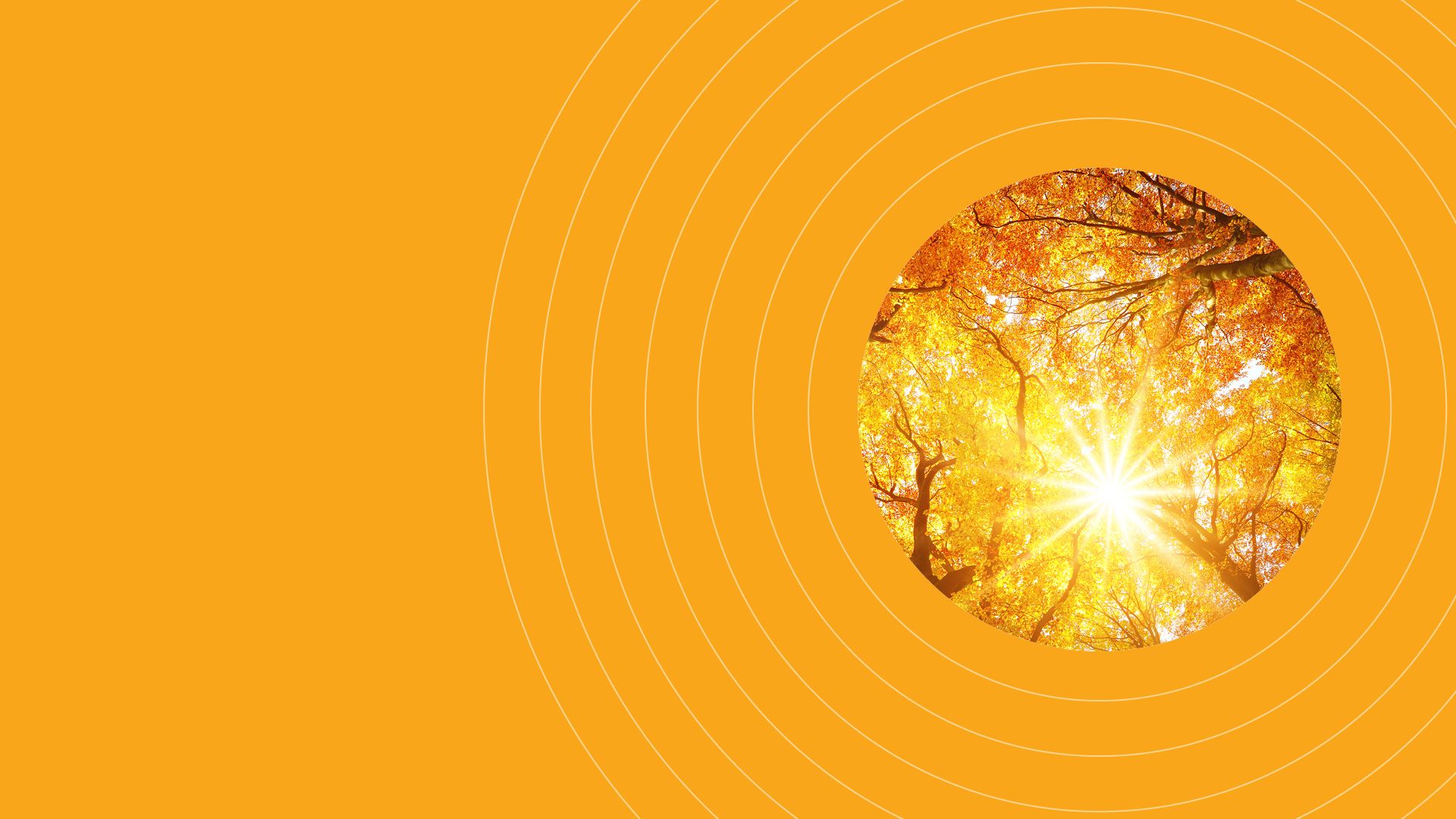
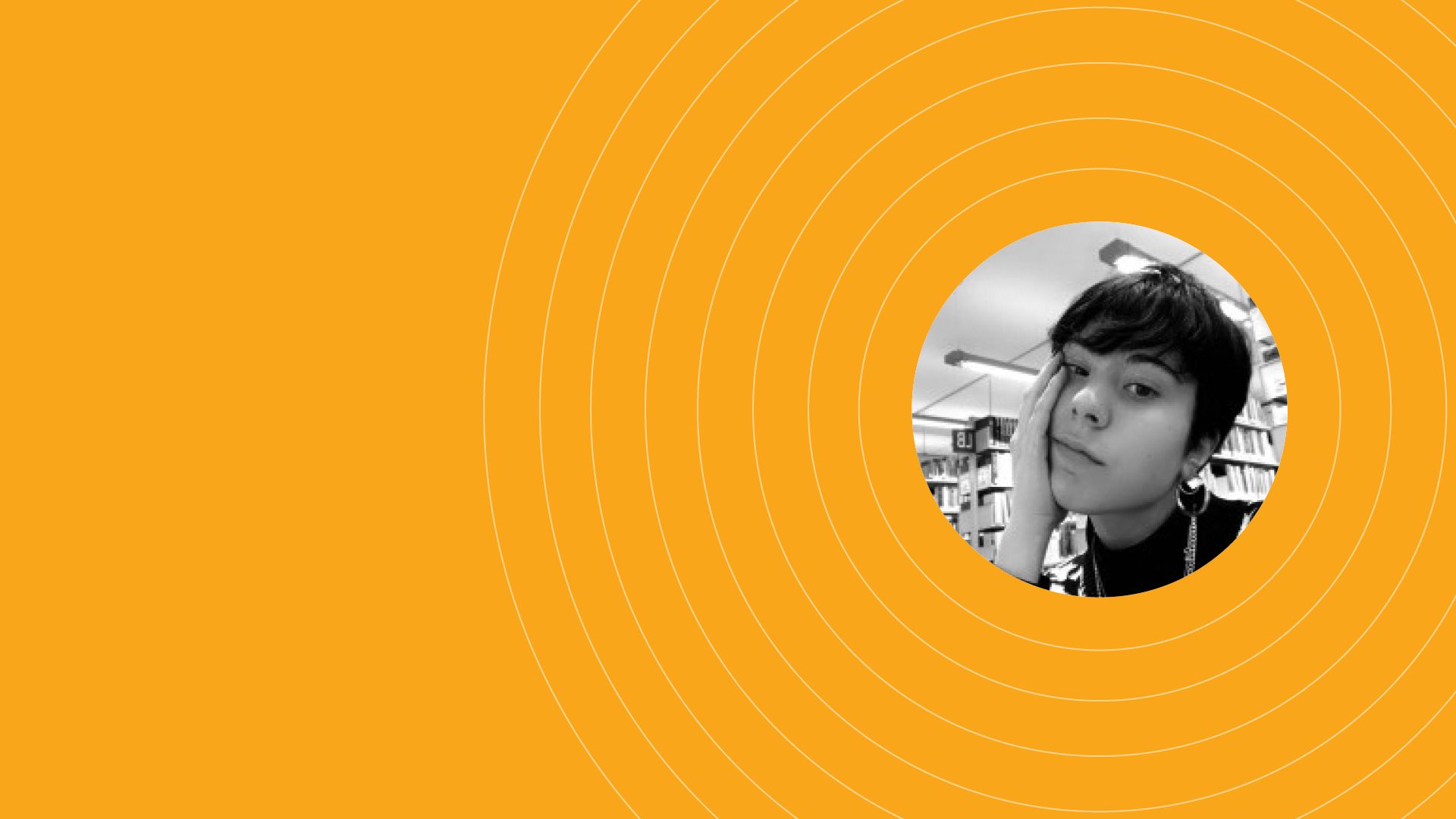
STEVE’S IDEA
What if nature had a voice?
Steve Waters, Professor of Scriptwriting at UEA
Did you know over 1 million species of animal and plant life are at risk of extinction?
“If the plants and animals all around us could talk, what would they tell us about climate change? What dramas would unfold? What stories would be told about the impact changing temperatures and habitats are having on their lives? And what would they think about us for causing climate change?
“It’s strange how we use stories of animals to communicate not so nice things to children from Little Red Riding Hood stopping them talking to strangers to The Lion King telling them the story of the circle of life. But when it comes to films about climate change, the biggest drama of our time, we put humans centre stage, not animals, nature or the planet.
“What if we used creative writing and the arts to inform conservation and enable us all to see things from nature’s point of view to help us understand our impact on the environment and inspire us to do more to tackle the effects of climate change?
“After all, in movies like ‘The Beach’ and ‘The Sound of Music’, nature is the real star. I’d love to see more films, books and TV programmes from nature’s perspective. Think ‘Watership Down’, ‘March of the Penguins’, ‘My Octopus Teacher’ or a ‘Black Mirror’ style series focusing on climate change from nature’s perspective. In terms of inspiration, just imagine the dramas going on outside your house every day. Squirrels desperately searching for food. Moths flying like the wind so they don’t become a spider’s meal. Owls hunting for mice to stop their owlets from starving.
“It would be fantastic to see nature and landscapes, as the hero of stories for a change, and humans as the supporting cast. It’s something I’m very passionate about. I’ve written the radio drama ‘Song of the Reed’ to promote a conversation about conservation. The survival of a nature reserve is at the heart of the story, played out by world famous actors Sophie Okonedo and Mark Rylance. Brilliant as they were, they had to play second-fiddle to the natural environment, as instead of recording in a studio, we deliberately recorded outside, so the sounds of wildlife could star.
“I’ve also written audio experiences to stir the emotions of people walking through the fens listening to stories on their headphones. And I’ve worked with a theatre company to put on outdoor performances in nature reserves. Wouldn’t it be great to see more performances in natural habitats? Imagine watching a play or film on a beach with reeds waving in the background and the wind blowing in your face, as you see, hear and feel the struggles, changes and impact climate change is having on nature from coral being bleached by pollution to migratory birds being blown off course. If we gave nature a voice and appreciated wildlife and our surroundings more, we’d all see the world from a very different perspective.
“Read more about Song of the Reed and hear it for yourself. Discover why I wrote a play for nature reserves and why actor Mark Rylance thinks we should tell love stories about nature to tackle the climate crisis.”
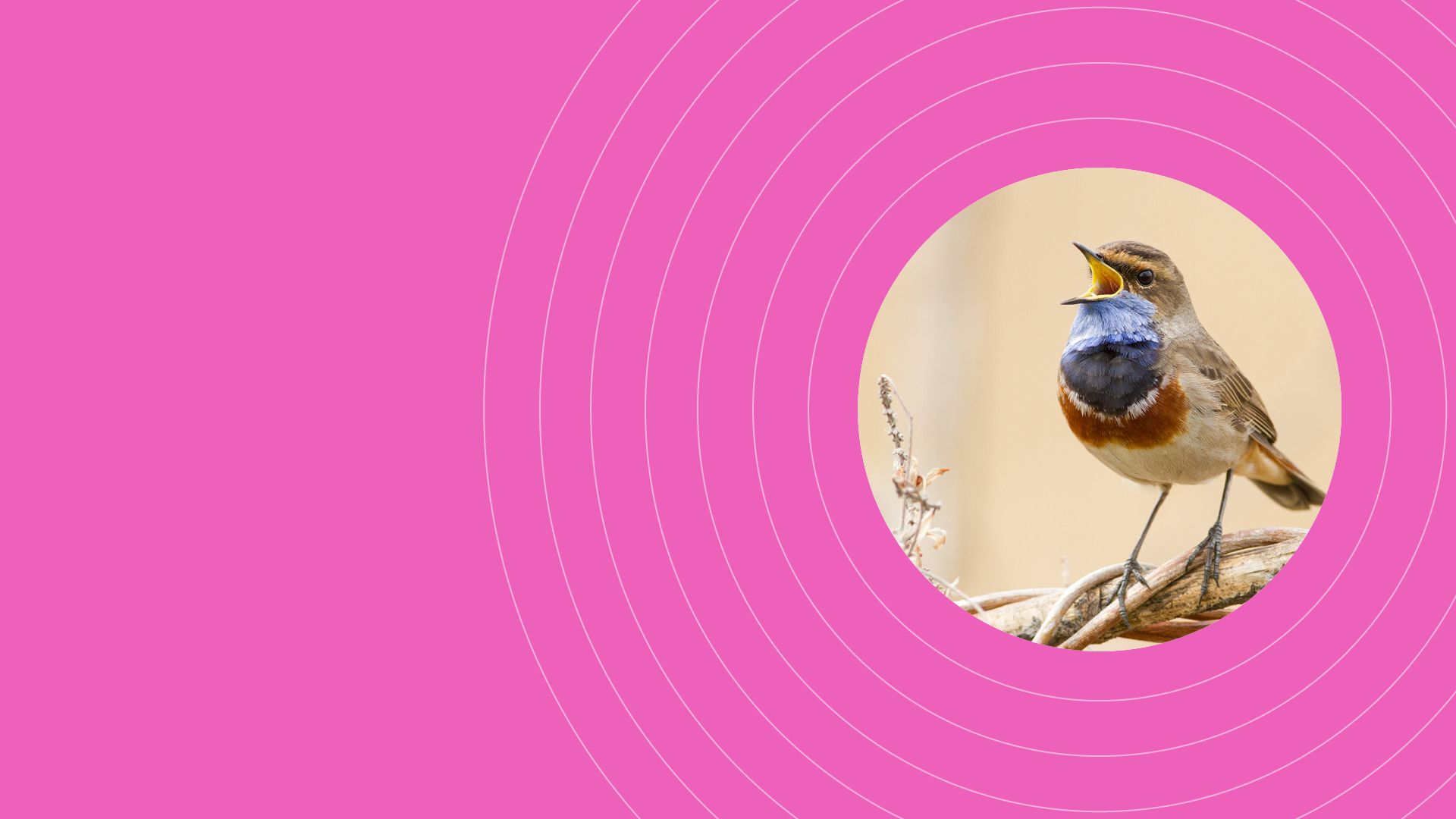
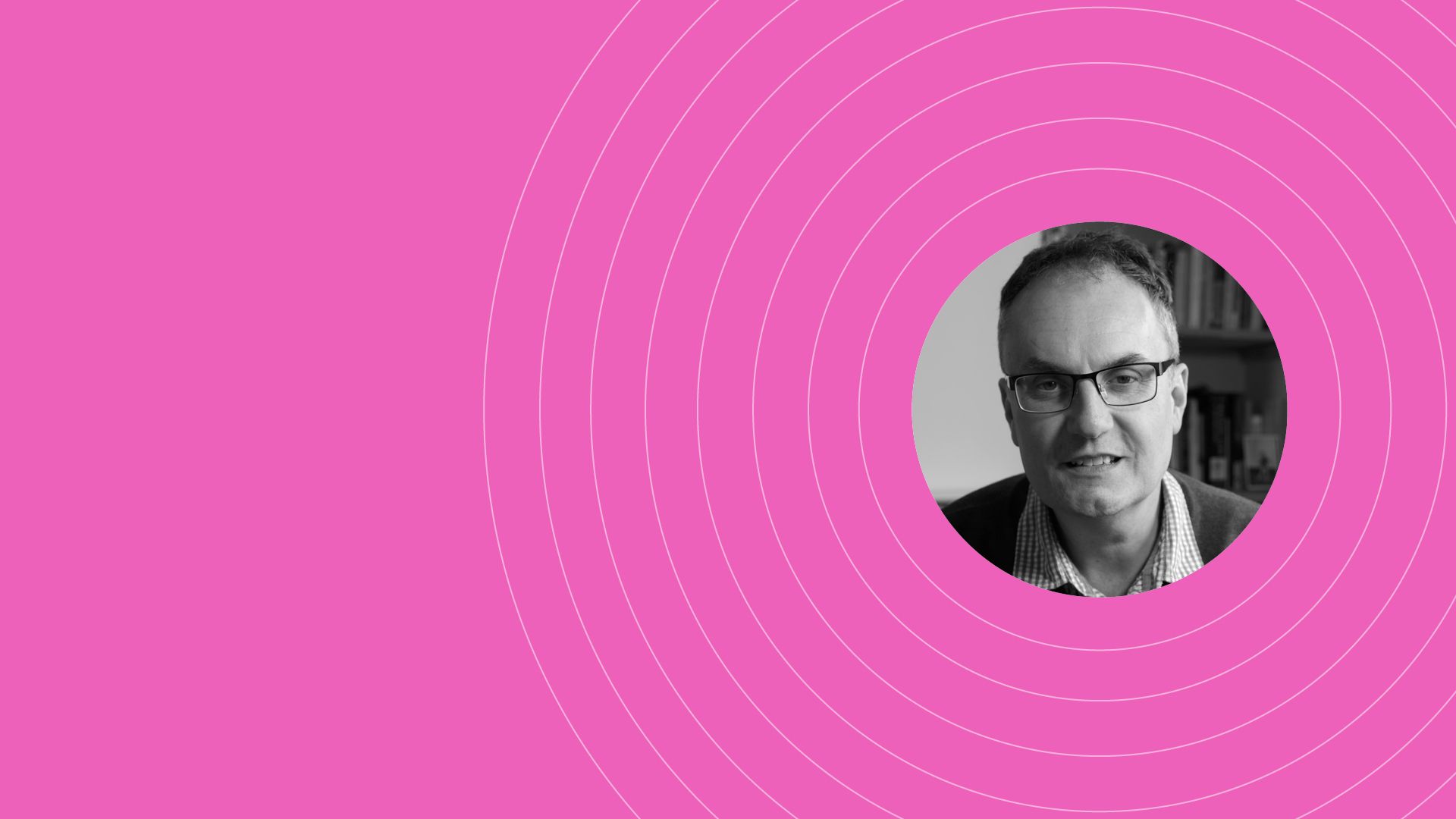
THOMAS’S IDEA
What if it was easy to buy green?
Thomas Panton, UEA Student
Did you know the ethical consumer market grew four-fold while household spending only grew by 2%?
“More and more people want to buy products that don’t ruin the planet. But how can you spot the difference? Products don’t come with cigarette style climate health warnings! There are Fair Trade and eco-labels out there. But consumers are confused. What do they mean? Do they create more waste?
“As people become more switched onto the undeniable climate crisis we find ourselves in, a growing community of impact driven businesses has emerged looking to make a difference. From cosmetics and slow fashion to upcycled furniture and replaceable electronics, markets are changing, and people want more.
“Some retailers help consumers buy green with sustainable filters and sites for second-hand clothes. But where can you find lots of different green products, all in one place? Is there a feel-good shopping site that gives you the peace of mind that all products have been vetted? A Forbes study showed that 88% of people wanted brands to help them be more ethical, but big retailers are failing to respond.
“My passion for sustainability led to me creating Festovers. It’s the first company in the UK to collect leftover festival tents on contract to be upcycled, repurposed or prepped for reuse. Every single year it’s estimated that 250,000 tents get left at festivals, with the average tent equivalent to 8,750 plastic straws. Do the maths!
“It’s become clear to me that consumers want to have less impact on the planet when shopping - but don't know where to start. So, I had the idea of working with my fellow UEA alumni, Hugo, to create Greenr a multivendor marketplace that connects consumers to vetted ethical brands and beautiful green products.
“With funding from UEA, advice from multinational brands such as Joules and Monsoon, and coaching from a wildly innovative tech entrepreneur from Silicon Valley, we're building a platform where your consumer choices can make an impact."
Read more about Tom's work and UEA’s study into the consumer choice for eco-labelled products.


SOPHIE’S IDEA
What if the media industry went virtual?
Sophie Barker, UEA Student
Did you know that every hour of TV viewing equates to around 9.2 tonnes of CO2 emissions?
“When the world went into lockdown many industries turned to virtual technologies. Zoom calls were everyday business and production studios quickly embraced virtual audiences and set up home studios for presenters to broadcast through webcams. Roving reporters and studio experts all stayed at home and were beamed in by satellite with mixed results and various distractions!
“The media industry has a colossal impact on our climate through the production, transmission and distribution of content. Albert Sustainable Production estimates every hour of TV equates to around 9.2 tonnes of CO2emissions. With more content providers emerging on the scene, it’s an area that needs to be addressed and reformed to reduce the impact on the environment.
“During lockdown CO2 emissions plummeted. The fact that film crews, bands and media stars weren’t jetting around the world or travelling to and from various studios will have helped with this. Statistics show around 30% of the EU’s CO2 emissions come from transport.
“So, what can the media industry do to deliver content in a more sustainable way? Abba have created holographic ‘Abbatars’ of themselves, so they can go on a world tour without leaving home. Massive Attack and the Tyndall Centre have published ‘The Roadmap to Super Low Carbon Live Music’. Coldplay have announced an eco-friendly tour. Some sport broadcasters are beaming sports stars into their studios hologram style. Jurassic World: Dominion used recycled stunt wire and moulds for the dinosaurs that could be recycled.
“Perhaps the biggest idea of them all lies in the metaverse. We’re used to seeing films and video games created entirely by CGI. What if the whole world (and beyond) was created pixel by pixel online? Countless movies could be shot against the backdrop of New York or the Grand Canyon with actors filmed in greenscreen studios. Companies could use the same stages in the metaverse for films, TV dramas and video games - all assisted by AI. Just imagine being able to film anywhere virtually. The savings in transport and electricity would be astronomical.
“The media industry as a whole is reviewing its collective carbon footprint and looking at ways they can be more sustainable. But what if there was a law or set standards media companies had to meet from recycling sets and props to limiting travel and the amount of waste created during production? Together these small steps would make a huge impact on tackling the climate crisis."
Find out why Chris Price, Lecturer in Media Practice, won the UEA Education for Sustainable Development Award for his work with Albert Sustainable Production. And listen to episode two of our climate change podcast where Dr Nem Vaughan talks about technological solutions to climate change.


LIA’S IDEA
What if we created artificial volcanoes?
Lia Groves, UEA Student
Did you know that large volcanic eruptions are proven to reduce global temperatures?
“It’s a controversial area, but a new group of technologies known as ‘geoengineering’ are increasingly being discussed as a way to reduce global temperatures. Everyone in the world still needs to do their bit to reduce their carbon footprint. But could these new technologies potentially help us to reverse some of the impacts of climate change?
“During the first year of my Geography degree at UEA, I was introduced to one particular geoengineering method - Stratospheric Aerosol Injections (SAI). I found it so fascinating, that I decided to research this technology for my final year dissertation.
“SAI involves injecting sulphate aerosols into the Earth’s stratosphere that block and reflect some of the incoming sunlight back into space. This method could potentially be used to quickly offset global warming. This kind of process already occurs naturally from big volcanic eruptions. For example, the Mt Pinatubo eruption in 1991 released millions of tons of sulphur dioxide into the stratosphere. The following year global temperatures were cooled by 0.4 - 0.5°C. SAI aims to mimic this natural process, which could have a huge effect on reducing global temperatures.
“This idea is only in the very early stages of discussion. After all, there are many controversies and challenges surrounding the technology. Who would govern it? As the stratosphere crosses all kinds of boundaries, we might need a new UN-style global climate council. There are also unknowns regarding the knock-on effects.
“The most predictable way to mitigate climate change would be to reduce our greenhouse gas emissions. However, geoengineering technologies like this could become useful in the future to assist with mitigation efforts.
“It’s an interesting idea to think about and worthy of serious debate. Although not popular with all scientists. But perhaps this sort of approach of using nature to help heal the planet could inspire some more innovative and collaborative thinking. Other ideas out there include spraying clouds with seawater so they reflect more light and turning CO2 into rock and sinking it to the bottom of the ocean!"
Watch Lia's video about sustainable travel in Norwich.
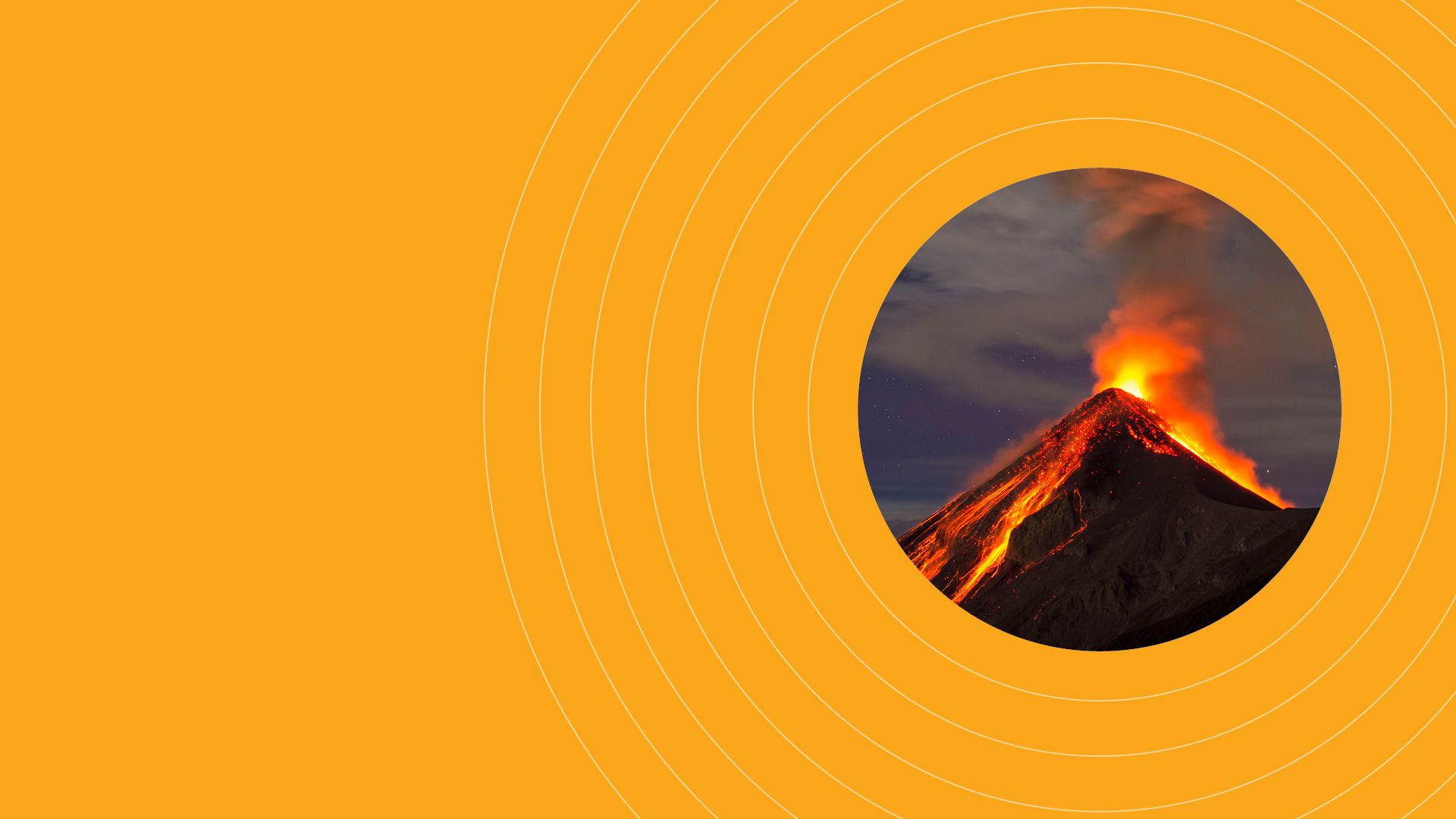

AAYUSHI’S IDEA
What if we didn’t dumb down climate science?
Aayushi Awasthy, UEA Student
Did you know 67% of people don’t trust politicians to tell them the truth about climate change?
“Climate change is the most complex and mammoth problem humanity has ever faced. It’s a multifaceted challenge that demands innovation, global collaboration and all kinds of expertise. We really do need to gather the best minds together to create solutions that will replace fossil fuels during our lifetime.
“People want to know more about climate change and what they can do to help. On the one hand some science stories can bamboozle people with jargon and acronyms. And on the other hand, the messaging can be over simplified with solar panels, bicycles, electric cars, wind turbines and veganism being lauded as the only ways to reduce your carbon footprint. We’re not stupid. We all know it’s much more complicated than that.
“Some assume that they have to ‘dumb down’ conversations to appeal to the masses. I don’t think that’s true. People are smart. We just need to remove the jargon, explain things well and spark new conversations.
“I’m passionate about making this information accessible to start much needed honest debates about sustainability that won’t give everyone eco-anxiety. It’s why I started my climate change podcast. I thought it would be a great way to help people understand different climate change issues.
“Talking to top climate experts such as Professor Corinne Le Quéré, Dr Nem Vaughan, Karan Mangotra, Miles Perry, Asher Minns, Prof Saleemul Huq and Dr Esther Priyadarshini, I’ve discussed whether we’ve got the technology, money and political and individual will to tackle climate change. These talks have led to some very interesting ideas.
“Should the price of emitting carbon (carbon tax) be set at the level of the cost of removing carbon from the atmosphere? A great idea for the future, but at the moment this would make it prohibitively expensive for anyone to use fossil fuels. However, some form of carbon tax would be a good way to raise money for financing clean technologies. There is money out there, but it’s not in one fund that people can easily access.
“A carbon tax could fund green energy that would make us less reliant on expensive imported oil and gas. It would also get people really thinking about their pollution. It’s a total win-win.
“The climate crisis is going to be a long battle. Our actions have to be sustained and ongoing. It’s a marathon, not a sprint. I hope my podcast will inspire young people to become the climate scientists, sociologists, political scientists and climate communicators of the future.”
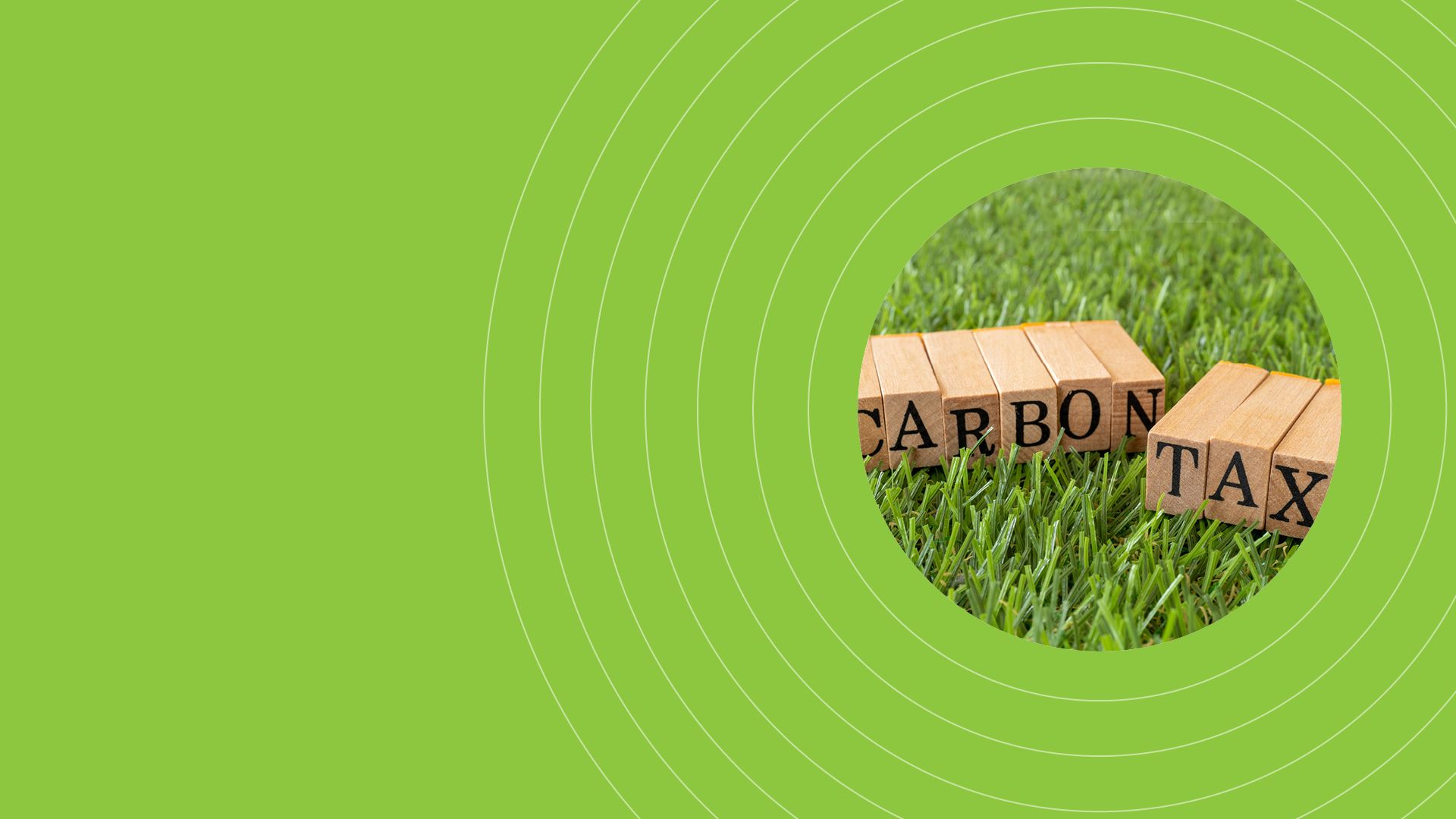

BAILEY’S IDEA
What if tourists could offset their carbon footprints?
Bailey Turvey, UEA Student
Did you know that 1.4 billion tourists visited foreign destinations in 2018?
“I’m one of millions of people who want to see the world. I want to connect with different people. I want to visit new destinations and explore all kinds of landscapes. But I also don’t want to destroy the places I visit or contribute to climate change, putting beautiful destinations at risk of extreme weather events.
“It’s clear that travel can have a profound impact on climate change and the environment. It’s also clear that tourism can massively benefit local communities. Travel is one of the world’s biggest industries, employing around one in ten people. To achieve the right balance, travel needs to become more sustainable, not only to conserve the natural environment, but preserve those local communities that rely on tourism for their livelihoods.
“What if eco-tourism could be a catalyst for conservation? I think that every holiday should require a mandatory contribution to help local conservation and protection programmes. This could involve volunteering to help causes in-country or a monetary contribution taken by tour operators when the trip is booked. Either way, such an idea could raise awareness and protect the future of our natural environment and local tourism industries.
“Palau is a great example of this. As a country made up of hundreds of islands in the Pacific Ocean, they aim to become the world’s first carbon-neutral country. Climate change is a big danger to the country’s 22,000 residents with sea levels rising and intensified tropical cyclones. Over a quarter of the country’s landmass is less than 10 meters above sea level.
“Palau is taking action. The government is investing in sustainability. They have banned tour operators from utilising single-use plastics, as well as sun creams that are harmful to corals and marine life.
“And when it comes to tourism, they really are leading the world and striking the right balance. Tourism is key to the local community, accounting for 47% of the country’s GDP. Through creating a first of its kind carbon management tool, Palau enables tourists to offset the carbon emissions from their travel and activities by funding a choice of projects from mangrove restoration to marine conservation.
“Palau’s children have even written a pledge that every visitor to their home has to take. Eco-tourism and offsetting could be the key to protecting the world and the amazing destinations we so desperately want to visit.”
Read more about Palau’s conservation policies, and how a UEA study found ways to avoid unintended consequences for local people and ecosystems.



